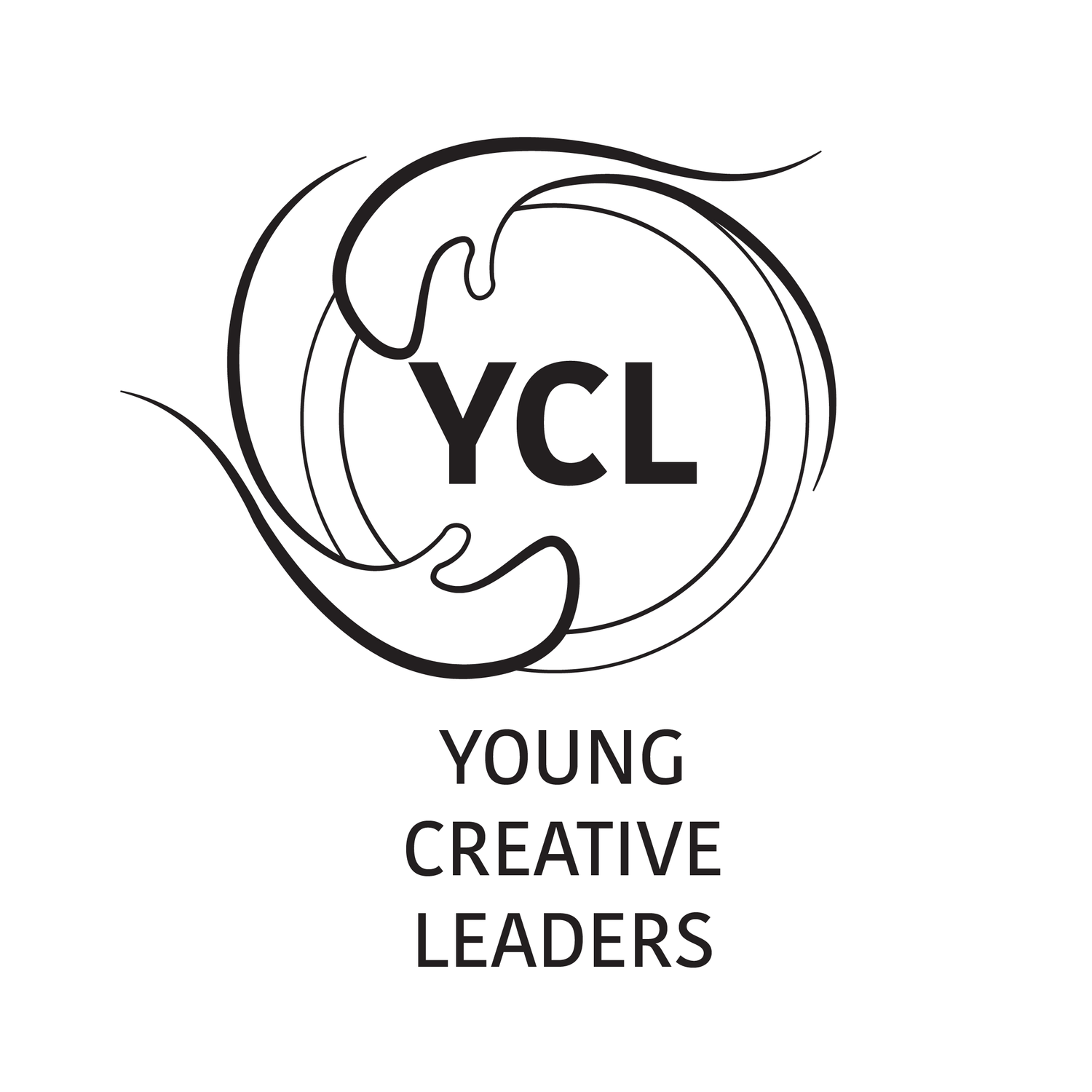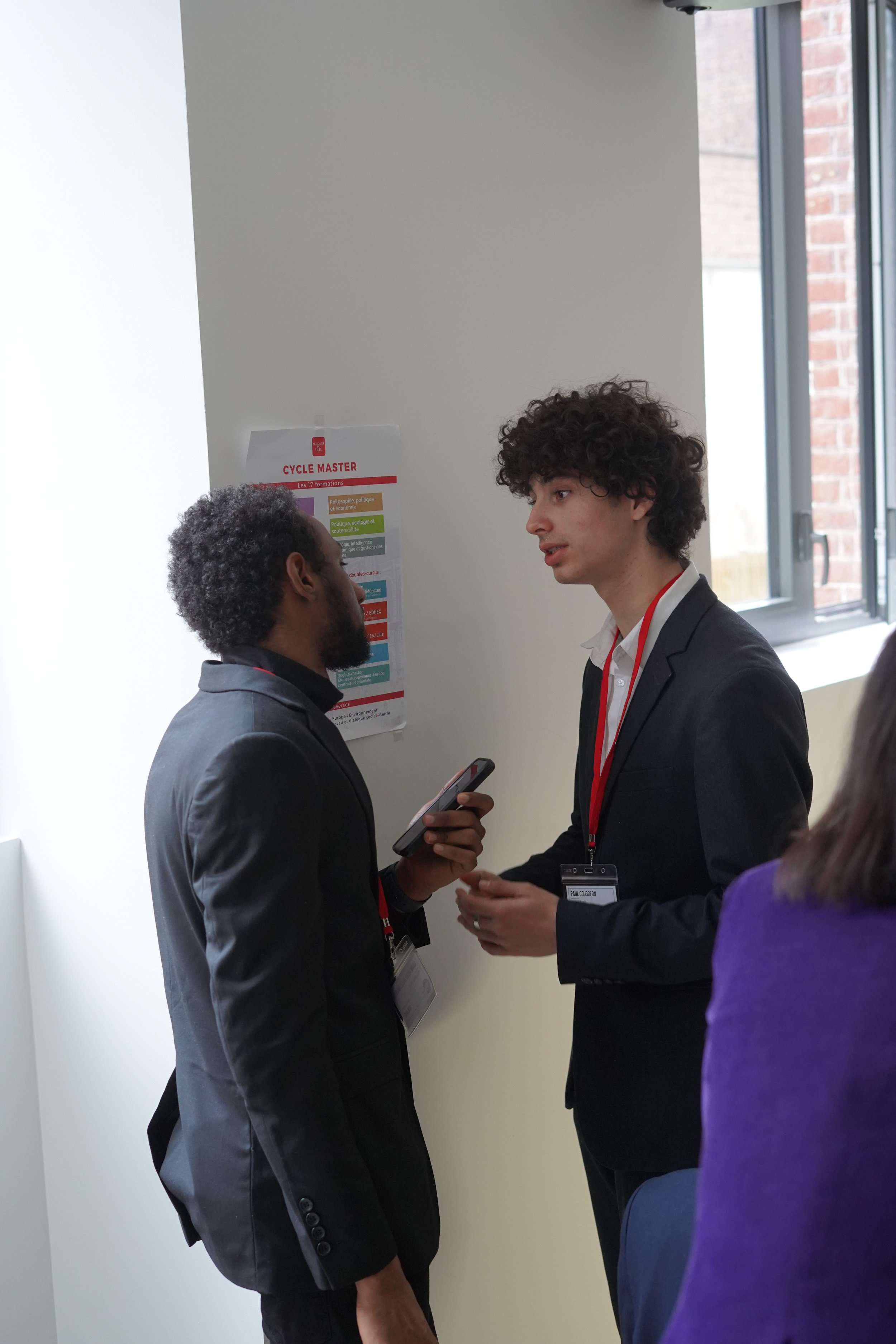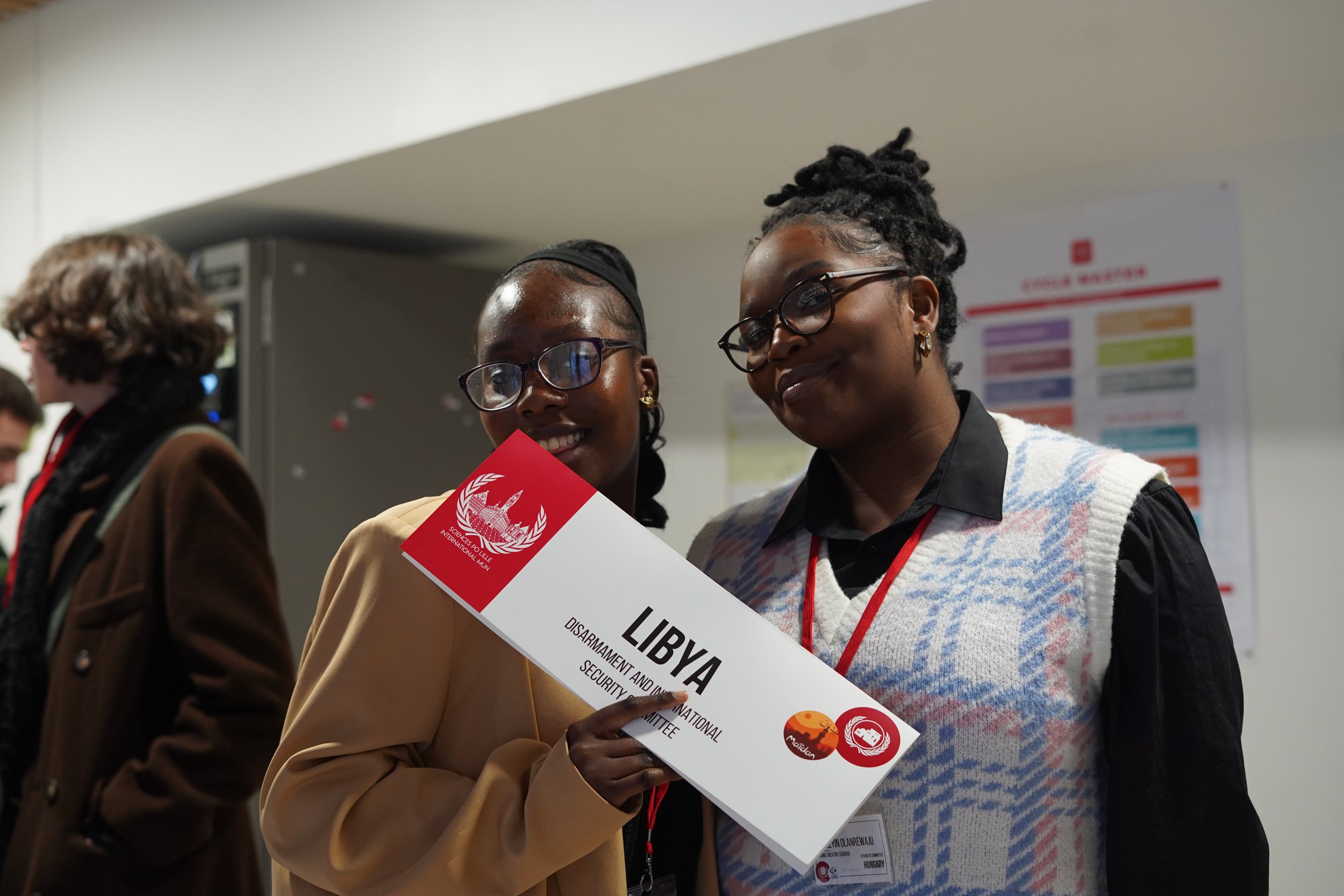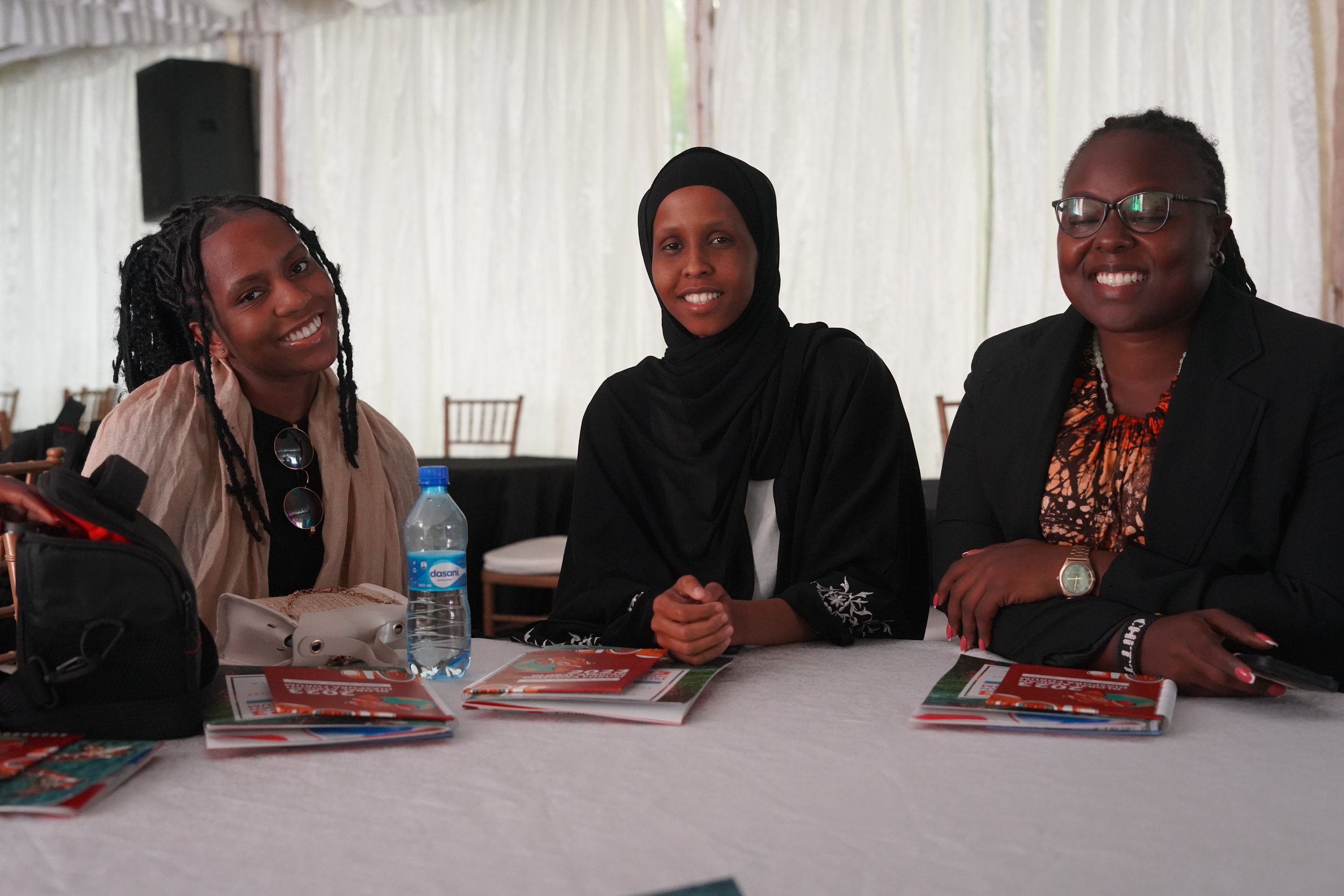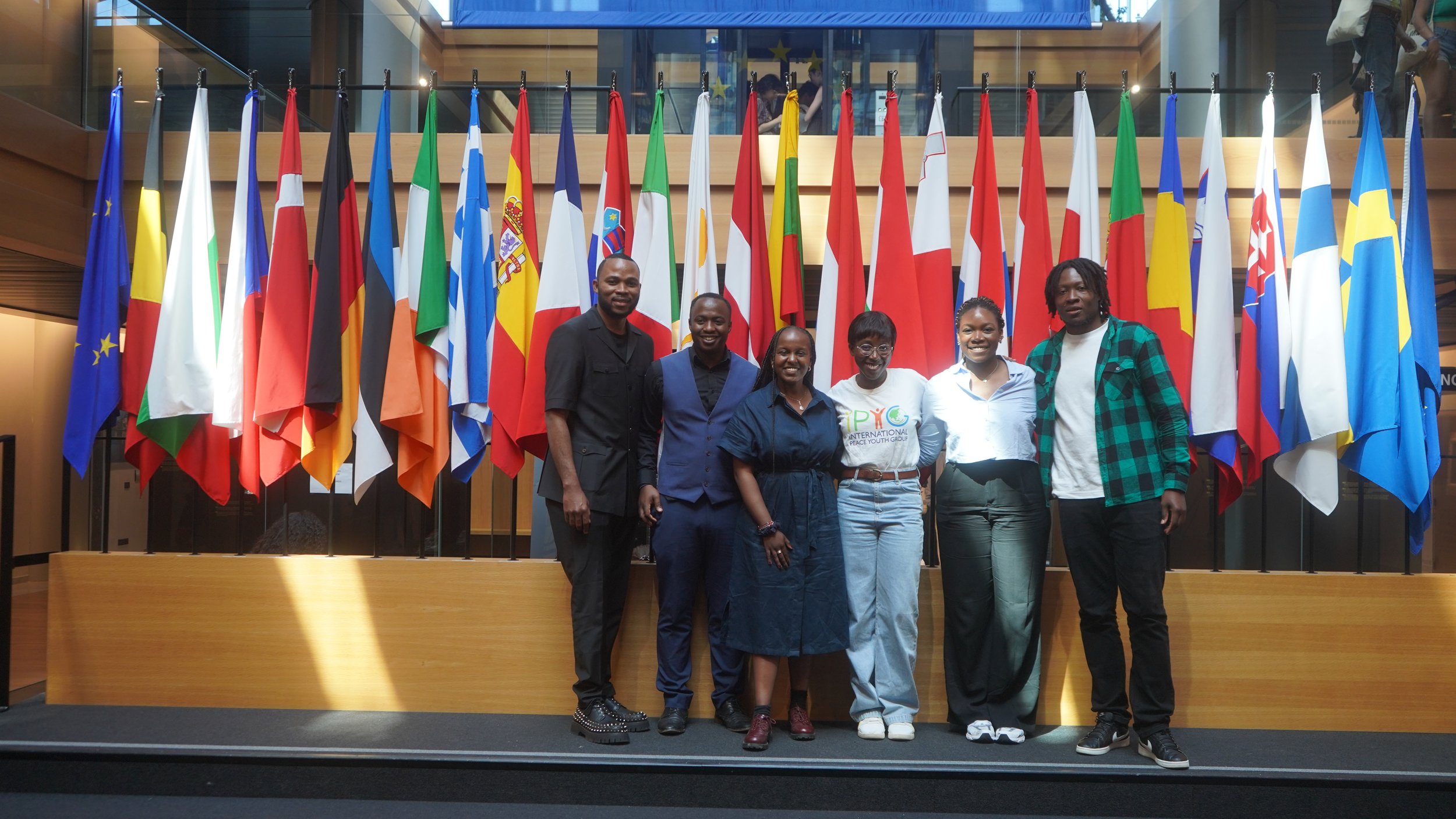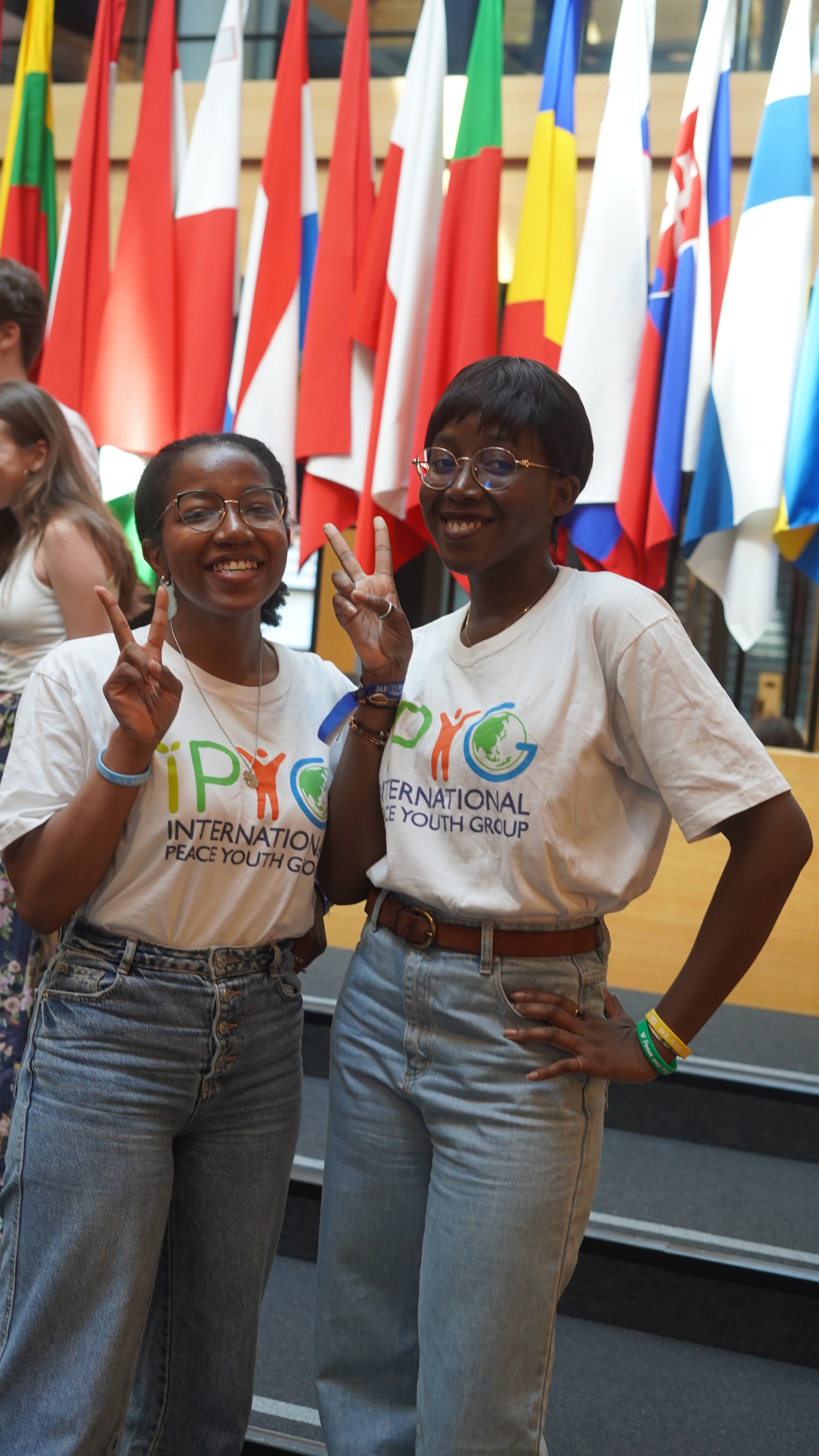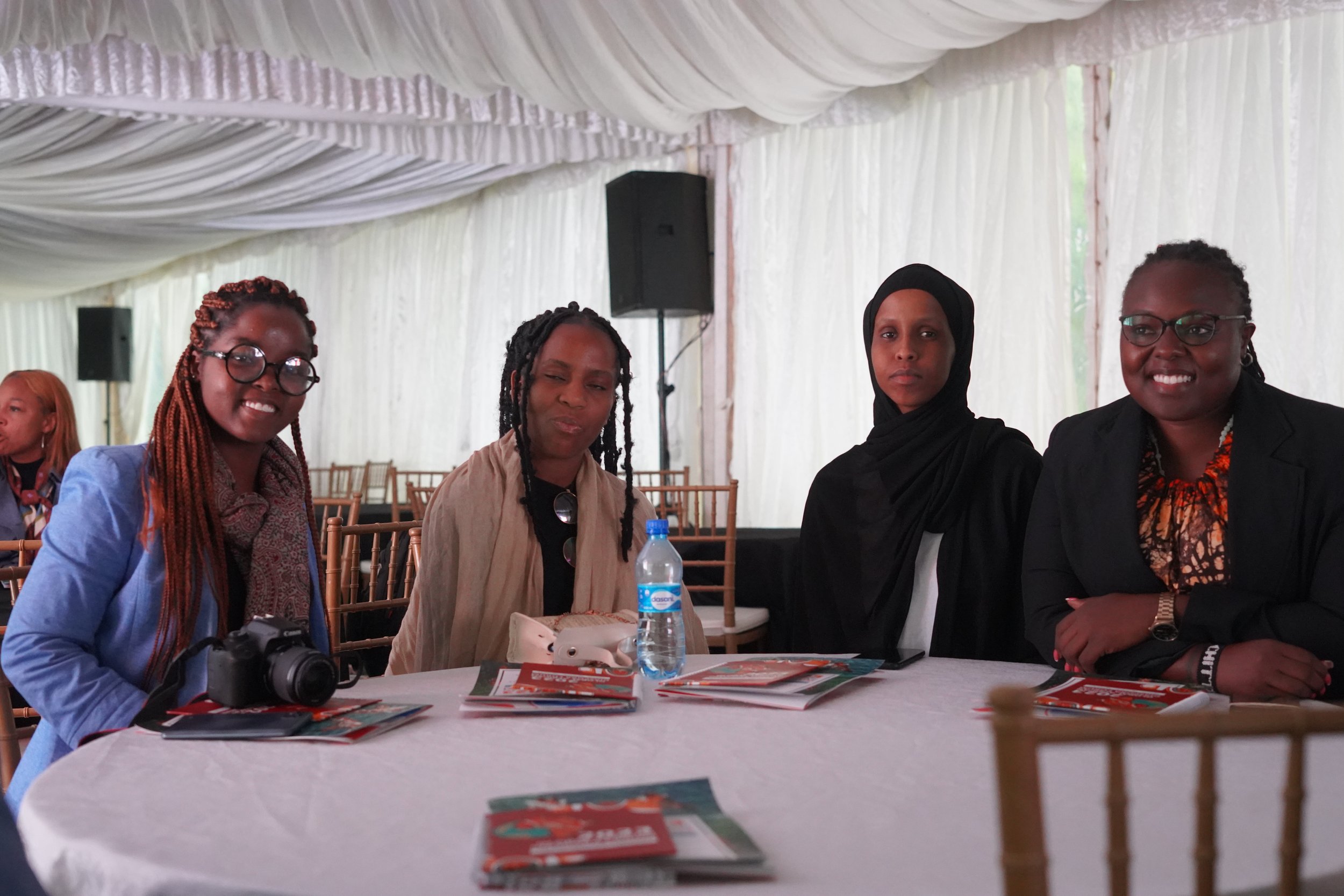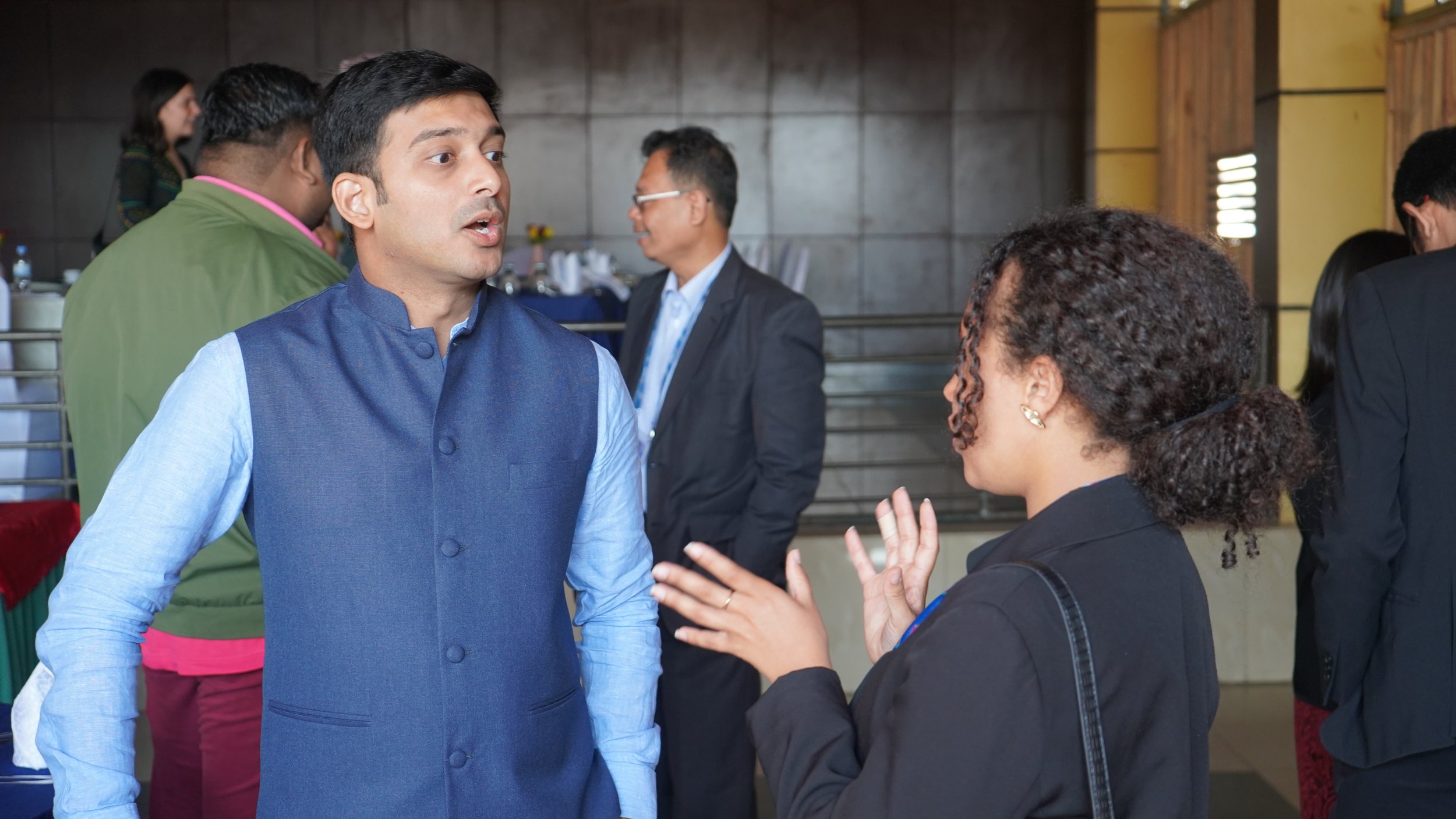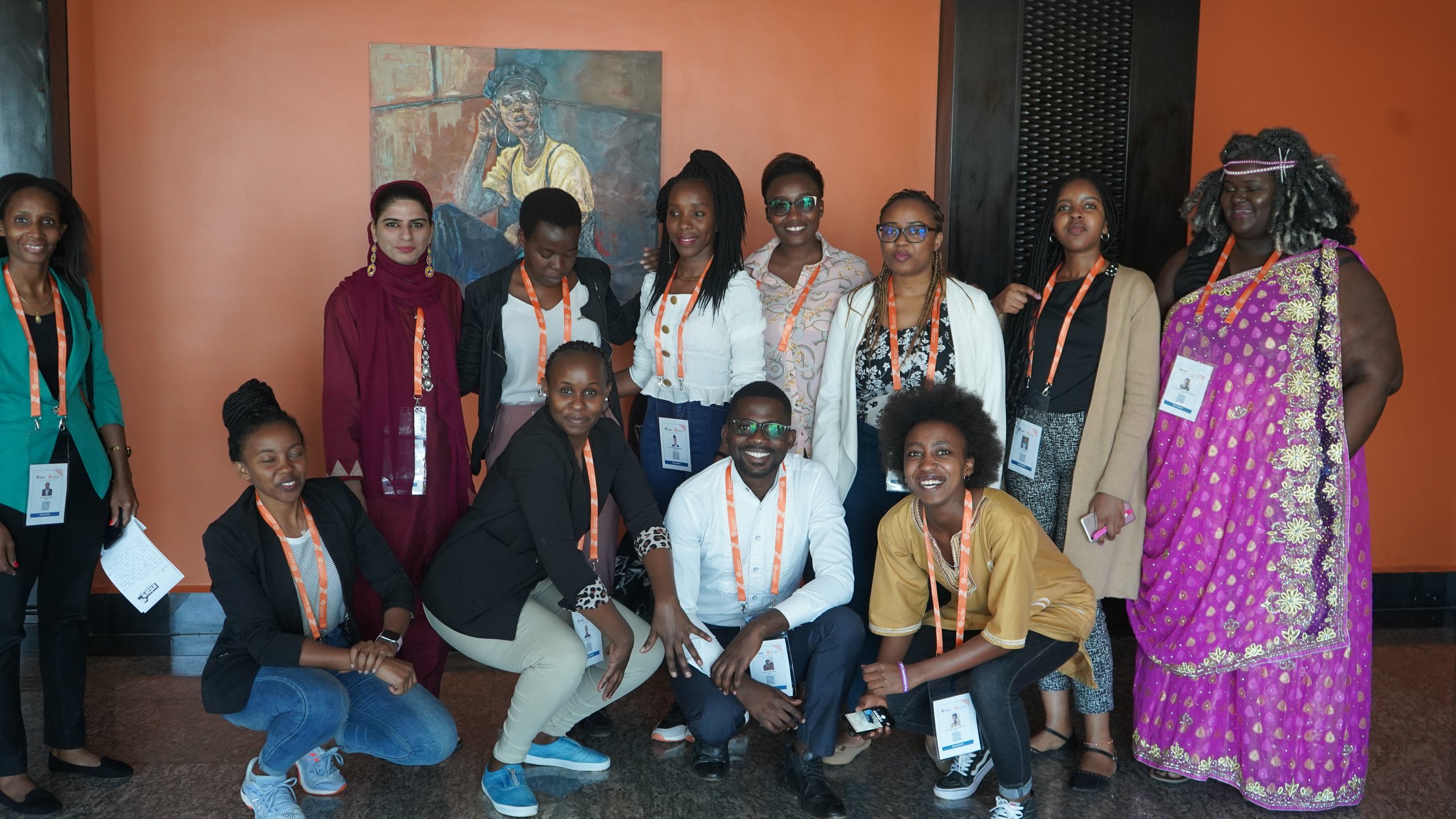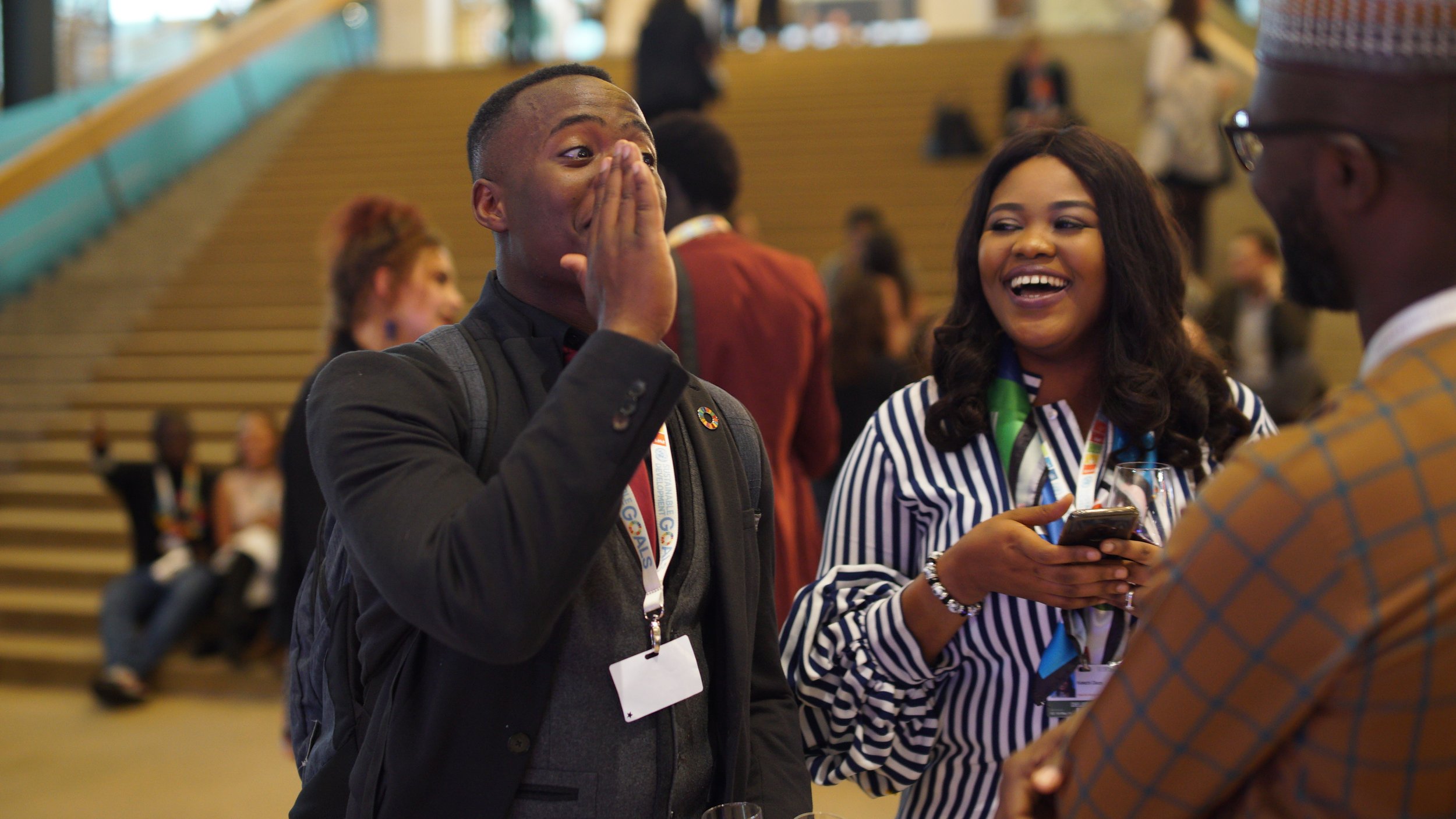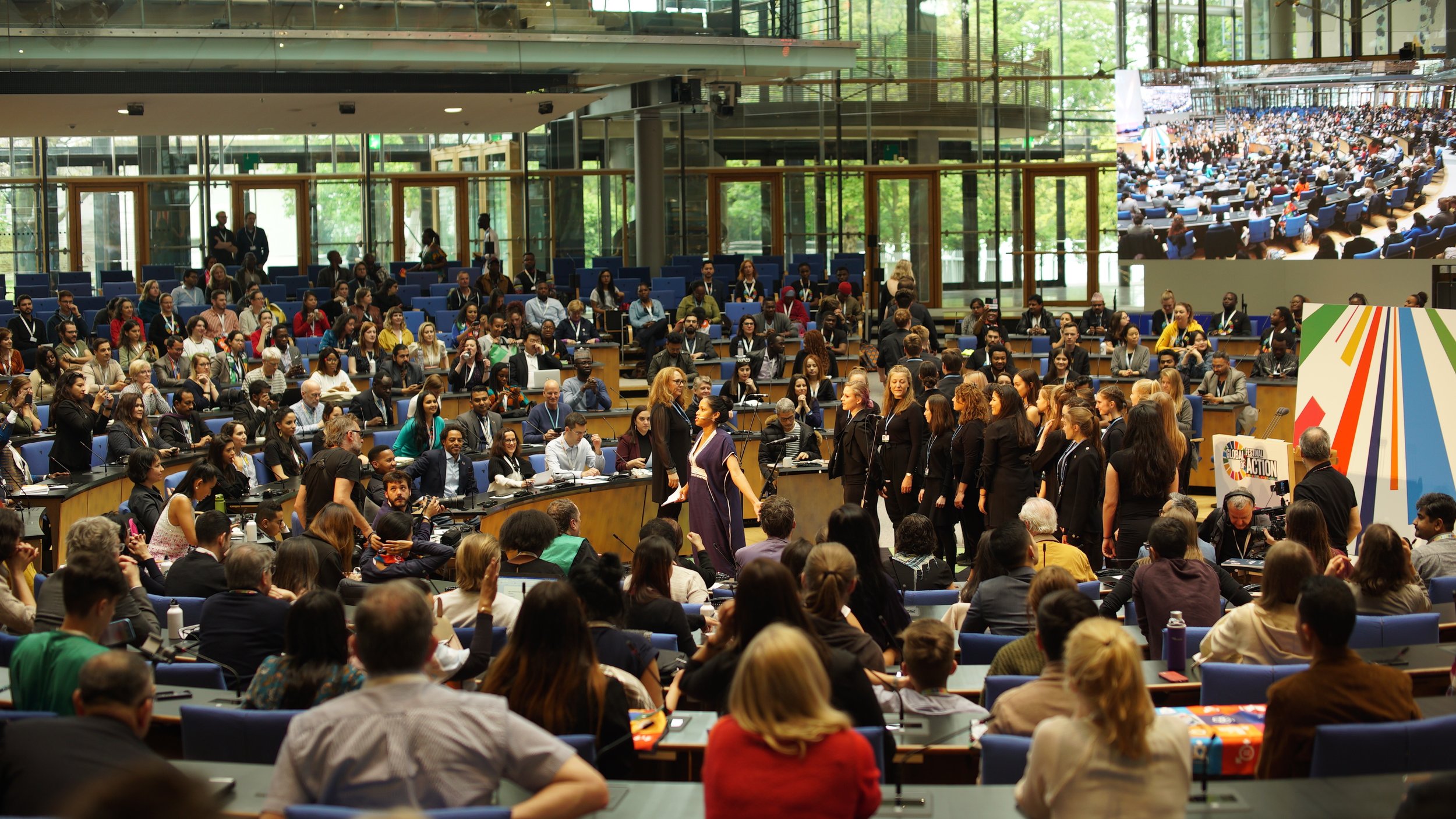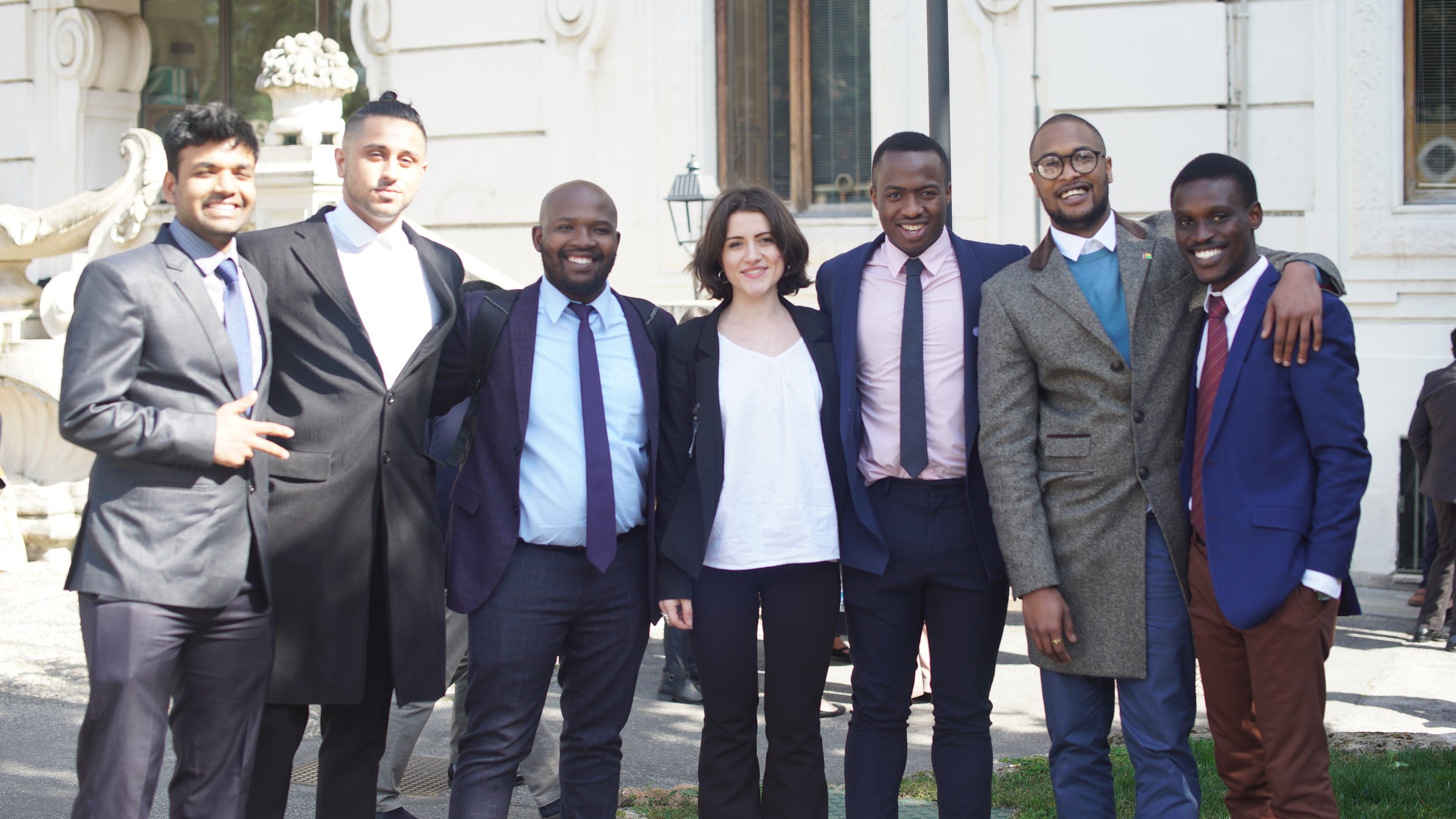Model United Nations Debating Club
Debate Club 2024: Model United Nations Hybrid leadership training with local and international engagement.
Debate Club acts as a step towards a variety of Leadership possibilities for young people with a focus on developing a supportive leadership community across Greater Manchester, In 2024 we will meet Sundays 5-7pm in Person and Online. Also welcoming international participants from the Young Creative Leaders.
Participants will gain a deeper understanding towards the highest level of international diplomacy, assuming the roles of world leaders and international decision makers. Participants will be tasked with developing solutions for real world issues, considering the social, economic, and cultural barriers that underpin real world diplomatic problems.
From January - March participants will embrace a common learning space of youths, engaging with our Model of United Nations debate club in Hybrid sessions to prepare and engage in the Joy of debating to learn and practicing diplomatic leadership, making friends locally and internationally and becoming part of a global spirit of Youth Leaders.
The hybrid sessions are important and will be significant learning before participants Travel to engage European youth in a Model Of United Program in -
London International Model United Nations Feb 23 - Feb 25, 2024 Humanity in Diplomacy: Reinvigorating Global Governance
University of Manchester MUN Conference Mar 1 - Mar 3, 2024 "Paving Avenues to Progress: Your Voice, Our Future
Sciences Po Lille International Model United Nation Mar 8 - Mar 10, 2024. Fostering participative and inclusive diplomacy to cope with tomorrow's crises
Participants will be selected from this online applications, previous participants, youth form GM System Changers organisations and via Tackling Racial Injustice Network Partners.
Through this process we aim to inspire the next generation of Greater Manchester’s Diplomatically trained youth leaders and social entrepreneurs, supporting the ambitions of young people, developing their critical thinking ability and practical skills for research, presentation and conflict-resolution.
Last years Debate Club Trained Participants also engaged at the European Parliament for European Youth Event, Kenya for the African youth Climate Forum and Diaspora Forum.
Club participants regularly engage in training from many Multilateral organisation: United Nations, African Union, CommonWealth and World Trade Organisation etc.
Rolling Deadline
The Model United Nations Debating Club (YCLMUN) aims to provide participants with a profound understanding of international diplomacy by assuming the roles of world leaders and international decision-makers. By engaging in simulations and debates, participants will tackle real-world issues while considering the social, economic, and cultural barriers that shape diplomatic problems. MUNDC seeks to inspire and cultivate diplomatically trained youth leaders and social entrepreneurs in Greater Manchester and beyond, our free weekly sessions currently happens online and in person 6-8pm UK Time on Sunday at Dance Studio Manchester (Unit 25, Wilsons Park, Monsall Rd, Manchester M40 8WN). A space that supporting youth ambitions and fostering critical thinking, research, presentation, and conflict-resolution skills.
Our club provides participants with a variety of international opportunities via partners, some free and others self funded.
The Model United Nations Debating Club (MUNDC) seeks to empower participants with the knowledge, skills, and inspiration to become future leaders, social entrepreneurs, and agents of positive change. By providing a platform for engaging in diplomacy simulations, problem-solving, and social entrepreneurship, MUNDC supports the ambitions of Greater Manchester's youth, equipping them with the tools needed to address global challenges and create a better world.
1. Weekly Meetings:
a. Advanced Debating Techniques: Conduct workshops focusing on advanced debating techniques, emphasizing critical thinking, logical reasoning, and persuasive communication skills.
b. Diplomatic Simulations: Engage participants in simulations of international diplomatic scenarios, where they assume the roles of world leaders and decision-makers.
c. Research and Presentation Skills: Enhance participants' practical skills for in-depth research, information synthesis, and effective presentation of solutions to real-world issues.
2. Guest Speaker Sessions:
a. Diplomatic Practitioners: Invite experienced diplomats, ambassadors, and international relations experts to share their experiences, insights, and strategies for effective diplomacy.
b. Social Entrepreneurs: Facilitate interactions with successful social entrepreneurs who have made a positive impact through innovative solutions to global challenges, inspiring participants to think creatively.
3. Diplomatic Problem-Solving:
a. Real-World Issue Analysis: Assign participants real-world issues and challenge them to analyze the underlying social, economic, and cultural barriers, encouraging holistic problem-solving.
b. Solution Development: Guide participants in developing comprehensive solutions considering diverse perspectives, stakeholders, and potential challenges to implementation.
4. Diplomacy and Conflict Resolution:
a. Conflict Analysis: Provide training in conflict analysis, highlighting the causes, dynamics, and potential resolution strategies for international conflicts.
b. Negotiation and Mediation Skills: Conduct workshops to develop participants' negotiation and mediation skills, emphasizing collaboration and finding common ground.
5. Social Entrepreneurship:
a. Social Impact Projects: Encourage participants to design and implement social entrepreneurship projects addressing local or global challenges, fostering innovative and sustainable solutions.
b. Mentoring and Support: Provide mentorship and guidance from experienced social entrepreneurs, offering practical advice and support throughout the project implementation process.
Benefits for Participants:
1. Deeper Understanding of Diplomacy: Gain a comprehensive understanding of international diplomacy by assuming leadership roles and decision-making responsibilities.
2. Real-World Problem-Solving: Develop practical skills for addressing real-world issues, considering social, economic, and cultural barriers.
3. Inspiration for Youth Leaders: Inspire participants to become diplomatically trained youth leaders and social entrepreneurs, nurturing their ambitions and leadership potential.
4. Critical Thinking Development: Enhance critical thinking abilities through research, analysis, and formulation of comprehensive solutions.
5. Practical Skills Enhancement: Improve research, presentation, negotiation, and conflict-resolution skills, applicable to various domains.
6. Network Expansion: Connect with diplomatic practitioners, social entrepreneurs, and like-minded peers, fostering professional networks and opportunities for collaboration.
